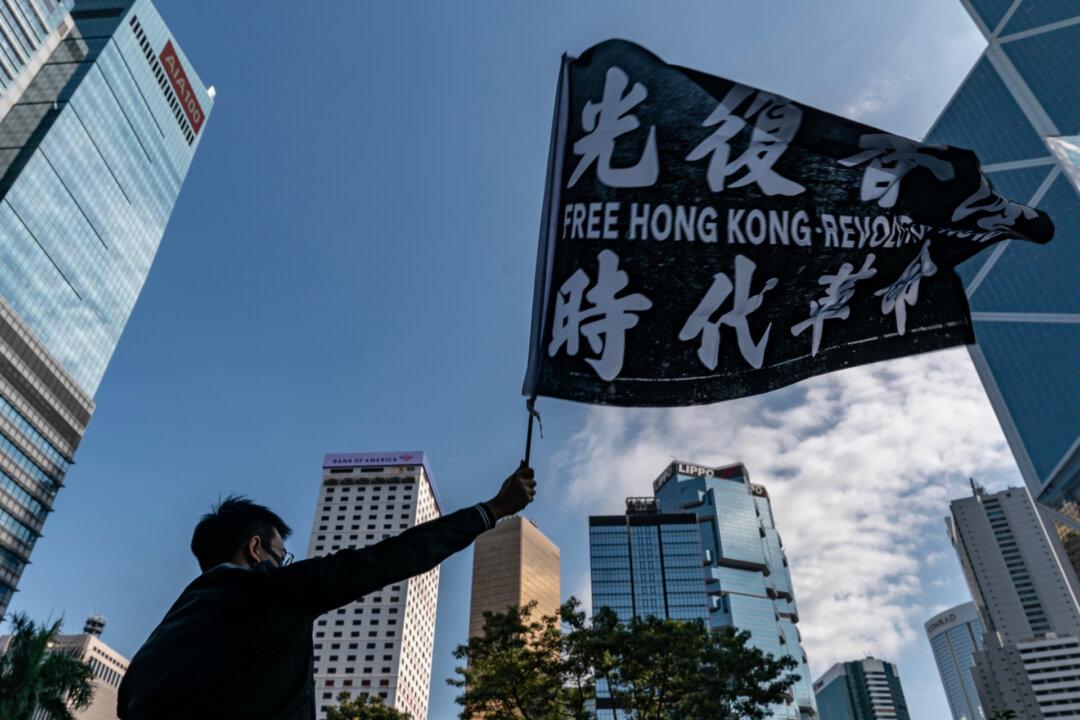A U.S. lawmaker has condemned the Chinese regime for sanctioning American nonprofit organizations in response to the enactment of legislation supporting the Hong Kong protest movement, while the targeted NGOs have vowed not to cave to authoritarian pressure.
In retaliation for President Donald Trump’s signing of the Hong Kong Human Rights and Democracy Act last week, the regime on Dec. 2 announced it would sanction several U.S. pro-democracy organizations. The nature of the sanctions remains unclear.





